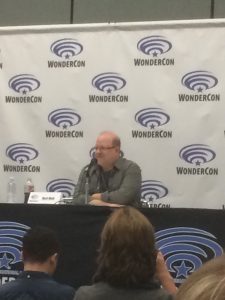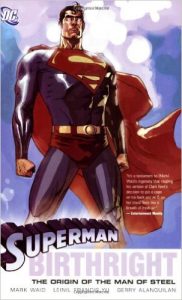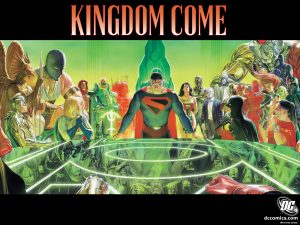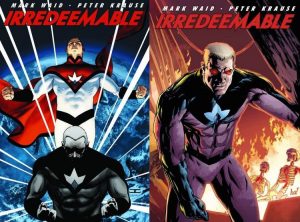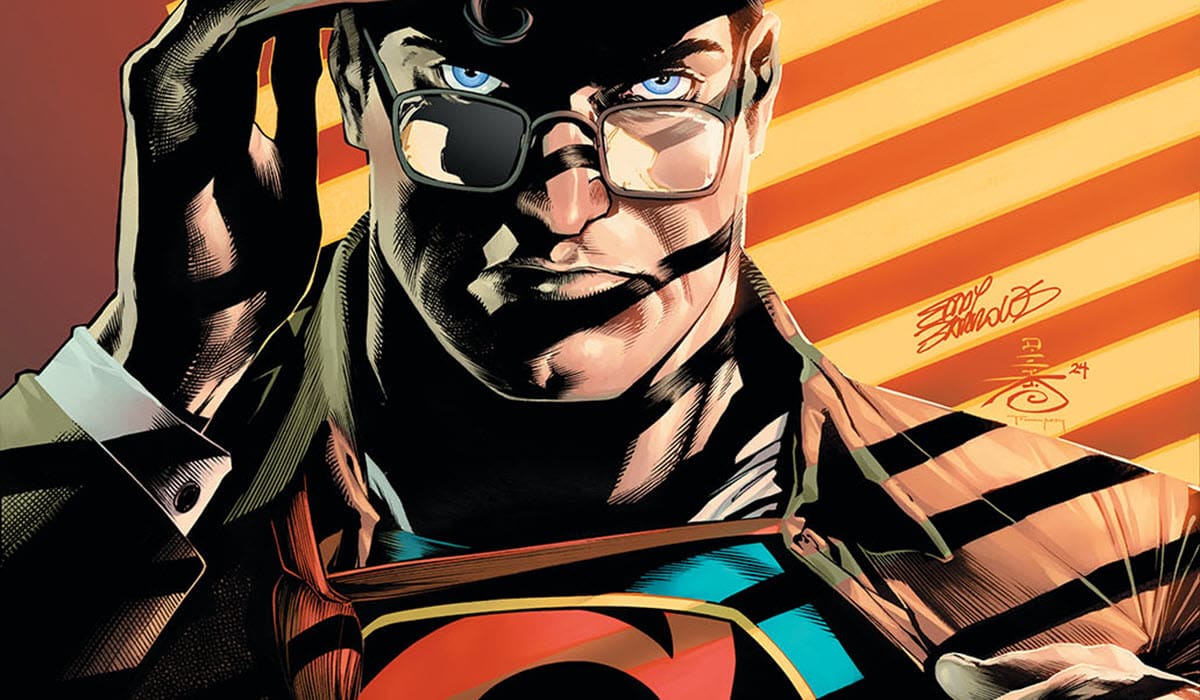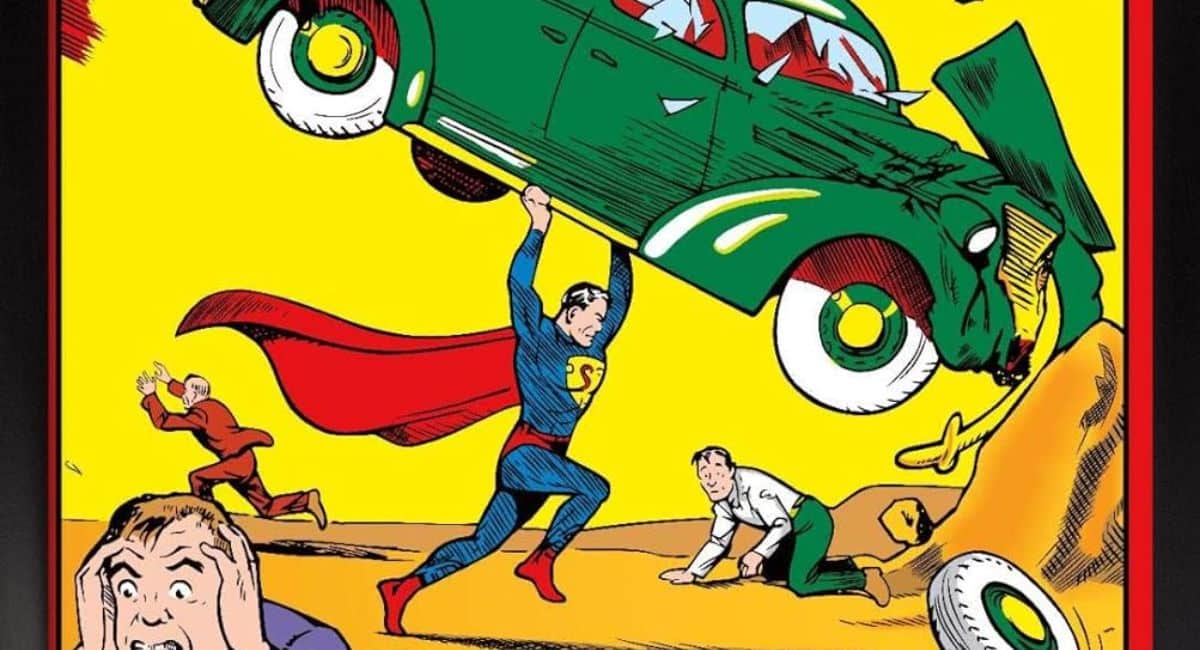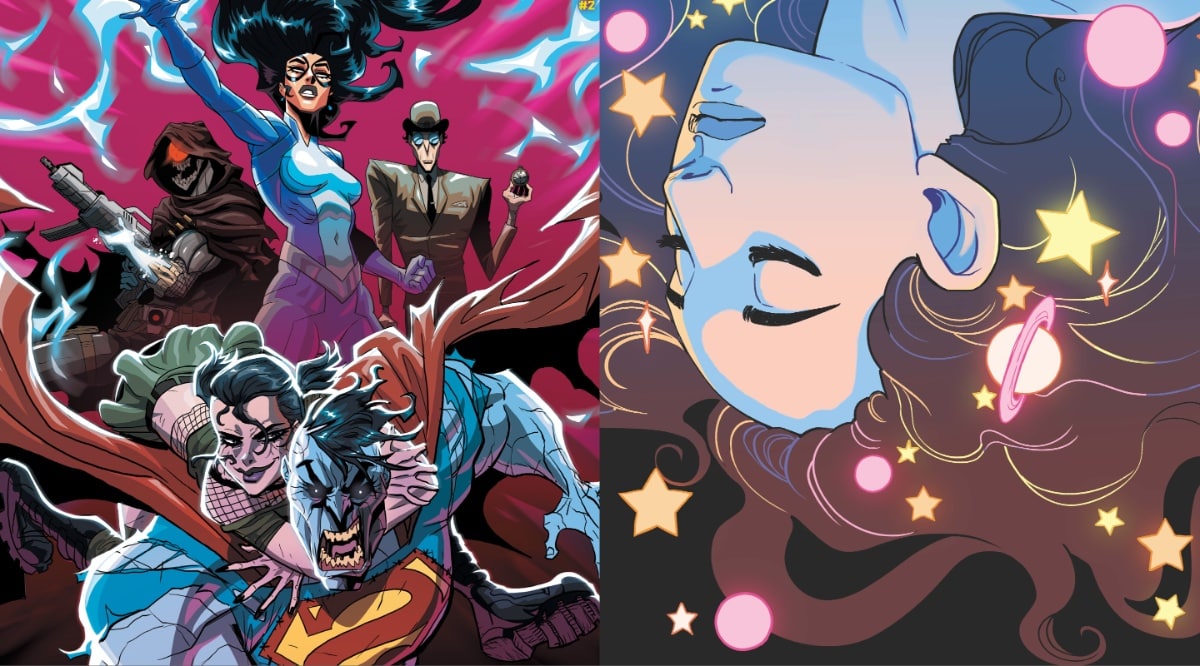By Pamela Auditore
WonderCon ’17 returned to the Anaheim Convention Center from Los Angeles Friday, bringing larger crowds and consummate raconteur and Eisner award winning writer, Mark Waid.
As a writer and editor, Waid, has done just about everything in and out of the Marvel and DC Universes. He swept into the room, delighting an audience of comic industry hopefuls and fans in a witty and thoughtful Q & A. Receiving particular applause for Superman: Birthright and answering who his dream Actor is for the rumored Adam McKay (The Big Short) film of Irredeemable.
Here’s a sampling:
Q: In action scenes, how do you differentiate between two characters who have similar powers?
Mark Waid: You get granular with it. For instance, Wally (Kid Flash) is more flamboyant and a little bit faster than Barry (the Flash). You use different personality traits as expressed in actions for scenes.
Q: What’s your favorite book you’ve worked on?
Mark Waid: Superman: Birthright. Flat out.
I’ve been lucky enough to work with a number of other creators, artist and writers, even though Kingdom Come is what is likely to be carved on my tombstone, which is fine, but with all respect to Kingdom Come, Superman: Birthright is my love letter to that character. The thing that makes me happiest about doing that book is people come up to me to sign it and they all say the same thing: ‘Man, I always thought Superman was dull and boring and then I read this.’ Good! I did my job. ‘Cause he’s not. He’s amazing, he’s amazing, he’s incredibly fascinating. Not a dumb character at all–Zach Snyder.
Q: What was the driving inspiration behind Irredeemable?
Mark Waid: I know the exact moment. How many people know Irredeemable?
(A Majority of audience hands went up.)
Mark Waid: Bless you! Basically, it’s what if Superman grew up to be a jerk. What if Superman had been raised, instead of a kindly mid-western couple, but by a bi-polar single mother with serious issues and how that would have gone. The inspiration for that came years before when Grant Morrison and I were hanging out and during one of those times when I could understand what he was saying. We talked about old Superman comics. In those comics, Superman had a way of communicating with those in the Phantom Zone. Grant said, ‘Why would he do that? All they would have to say to him is how much they hate him.’ ‘Well,’ I said, ‘we have something like that, it’s called the Internet.’ And that’s when the penny dropped and I thought ‘Imagine what it would be like to be Superman. You hear everyone talking about you and no matter what you do, there are going to be a huge number of people who think you are a jerk. Because you didn’t save them, you did too much property damage, or they’re trying to be too cool for school. I think that would get to you after a while.”
Q: What’s your process like?
Mark Waid: Ha! It depends what has me on fire. I need an unbroken number of hours to work. I try to do administrative work in the morning. Seriously, I can work from 8 am to 11 at night.
Q: I heard that Adam McKay (writer/director The Big Short) was set to direct a film version of Irredeemable.
Mark Waid: I heard the same. I haven’t had any formal communications with Adam McKay but it is optioned for that. The only thing I’ve heard, which is very positive, is that McKay has not come in with an idea for radical changes and in the treatment, I’m told is very, very faithful. Hopefully, we’ll see it sooner rather than later.
Q: Do you have a dream actor?
Mark Waid: John Hamm. But that will never happen.
Q: Do artist’s adapt to writers or do writers adapt to artists?
MarkWaid: Both. Here’s my philosophy, when I’m working on a script, it’s my script, my story. The moment I hand it over to the artist it’s not my story, it’s our story and if you are working with an artist you have some history with you all ready have an idea in your head of how things will look like and you trust them. In Chris Samnee’s case, I’d say, here’s a two page sequence, I’m just going to give you the dialogue and you figure out how you want to pace it out. Or I would hand him a three page fight sequence and say these are the beats we need to hit. What I love about comics is that it is the most personally collaborative medium that there is. I’m given discretion to tweak things, such as this character’s expression covers this line of dialogue, or I was unclear in the script and I need to add a line of dialogue here.


